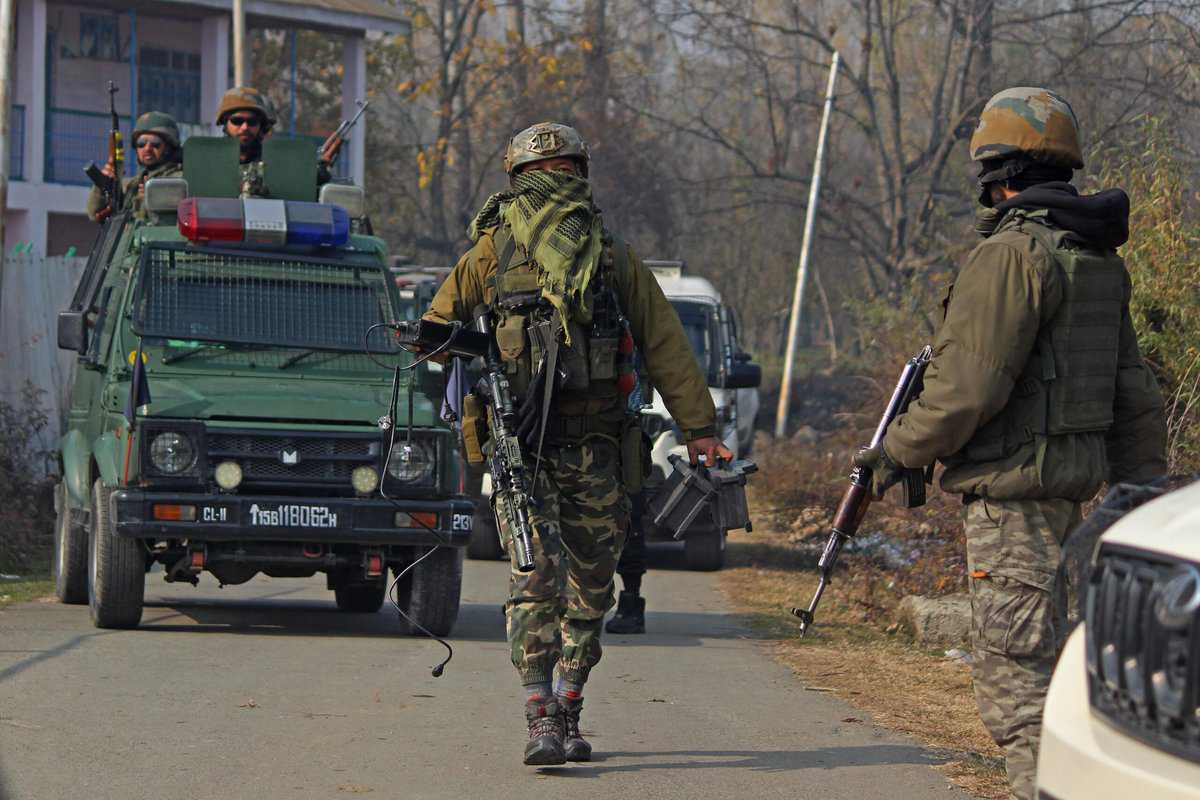
Many might not have thought of it but the fact remains that Kashmir will determine the parameters that will define many critical elements of the Indian democracy. Kashmir sends three members to Lok Sabha, and the number is the same as it was years ago or as latest as in 2019. The dimensions, however, have changed.
BJP, the party that has driven the national narrative of complete integration of Jammu and Kashmir with India with its momentous act of doing away with Article 370 on August 5, 2019, telling the nation and Kashmiris, in particular, that their destiny is linked to India forever. There is no other option, and nurturing of any such thought would be nipped in bud. Severe action has been taken against all those who had been associated with secessionists, militants, and also those who were inclined toward the idea of separatism.
The changes in the constitution effected on August 5 2019 have made it clear to Kashmiris that the days of parallel symbols of sovereignty – flag and constitution, are over
The abrogation of Article 370 led to a three-pronged strategy : (a) to control and decimate terrorism and its ecosystem with all the ruthlessness as the security forces and the system could use, (b) obliterate Pakistan from the thinking of Kashmiris not just for the reason that the neighbouring country deserved to be punished for the export of terrorism, also because it was a symbol of Islamic ideology that kept the hope of the Ummah unity alive, to put it straight, the hopes of Kashmir ever becoming Islamic Republic on its own or at the behest of Pakistan, and (c) to bring infrastructural development to doorsteps. The party has reaped political dividends in many parts of the country, where Kashmir’s terrorism and anti-India actions, narratives and the cult of secessionism were seen as extensions of Pakistan. In the Indian mind, as it is Pakistani mind too, history has been unfair to them. There is a special hostility because Pakistan took away with it a part of the country and population, which undermined the idea of vast India, or as the right-wing groups call “Akhand Bharat”. Despite the 1971 act of splitting Pakistan into two – with East Pakistan becoming Bangladesh, separating itself completely from Western Pakistan, there is no real sense of complete victory. The brightness of the Indian victory in 1971, the sight of over 90,000 Pakistani soldiers surrendering to the Indian army, are being superimposed by the surgical strikes of 2016 and 2019 that India conducted inside Pakistan and Pakistan occupied Jammu and Kashmir, in retaliation to September 18, 2016 Uri attack, and February 14, 2019 Pulwama terror attack. BJP has captured mood of the nation by these acts. Both these acts were related to Kashmir.
Kashmir has always figured high on BJP agenda since its days of Jan Sangh. Now it has accomplished what it deemed not only as a barrier between the political and sovereign landscape of the country but also the discourse of “New Kashmir” of Prime Minister Narendra Modi’s vision. It played out the success of the panchayat elections as a means that took the democracy to grassroots. It is also keen on forming a government on its own in J&K after the Assembly elections, which the party leadership has promised will be held before the September-end this year, complying with the Supreme Court direction of December 11, 2023. But it took leave from the contest of Lok Sabha polls in Kashmir as it has not fielded any candidate on the three seats of the Valley. In essence, it is supporting Altaf Bukhari’s Apni Party contesting two seats of Srinagar and Anantnag. Apni Party is supporting Sajad Gani Lone in north Kashmir’s Baramulla constituency. Bukhari’s party has committed and executed its support to the BJP in the Jammu region, where it is not contesting. This informal alliance, having all the voices and shape of formal alliance, got shaped because of the convergence of their respective narratives on the political platform- rejecting the parties of past, and establishing an irrevocable theme of Jammu and Kashmir for India and India for Kashmir as the forces of peace and one nation, one constitution.
Will this strategy of outsourcing define new democratic norms in Kashmir? Time will tell not on June 4 when the general elections will be out, but after that how the convergence plays out after the winner is declared in less than five weeks from now.



